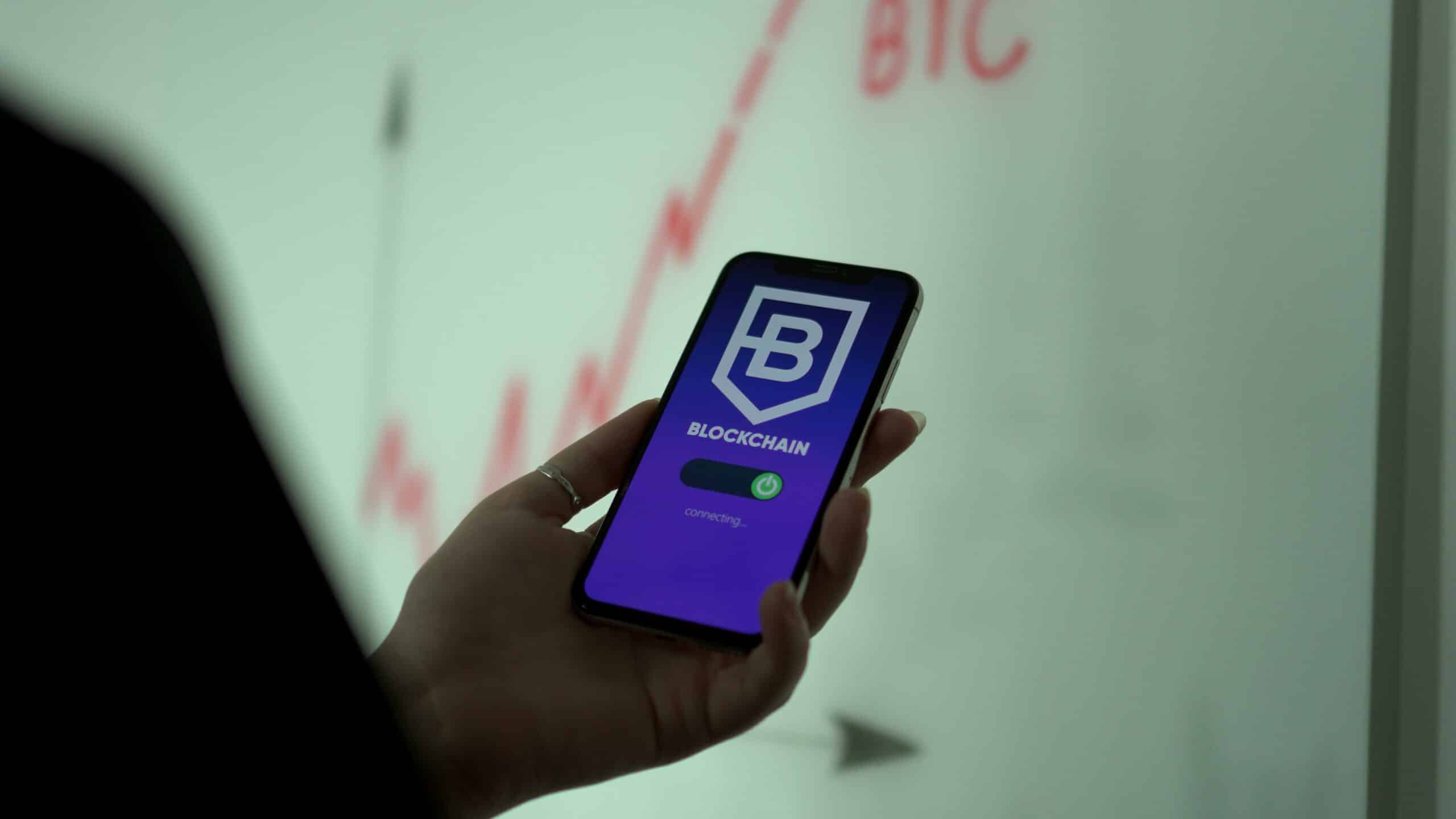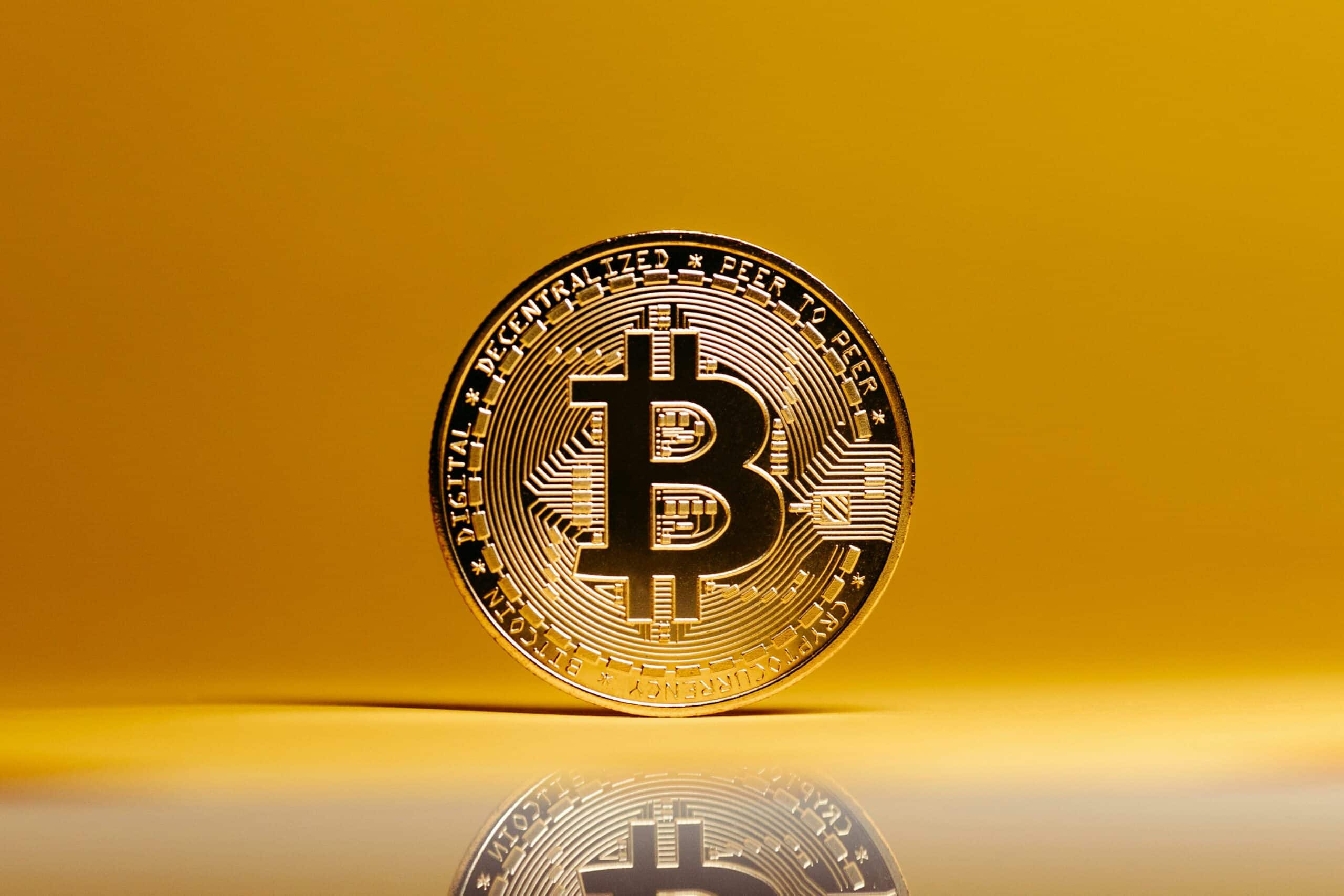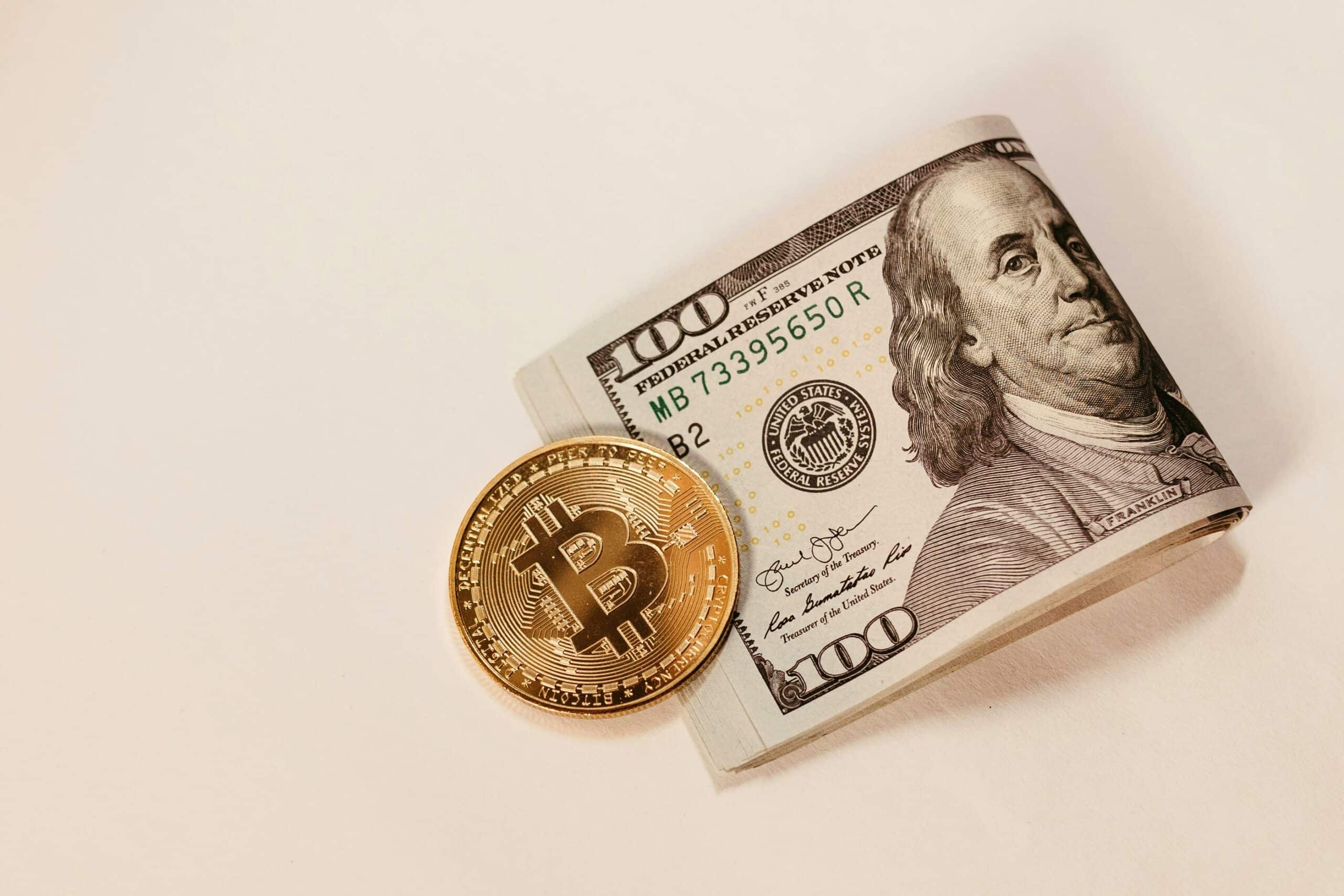The blockchain is a revolutionary technology that has enabled the development of new applications, services, and products. It allows for secure and trustless transactions between two or more parties without the need for an intermediary.
In order to use the blockchain, you need to pay gas fees, which are used to reward validators who stake their Ethereum and participate in transaction validation. The more a user stakes, the more they can potentially earn. In this article, we’ll discuss how gas fees work on the Ethereum network and why they’re important in keeping it running smoothly.
We’ll also explore some strategies to help reduce your transaction costs when using the Ethereum blockchain. With this knowledge, you can make sure you’re getting the most out of your transactions while staying within budget!
Table of Contents
What Are Gas Fees?
Ethereum’s gas system is a unique component of the platform’s blockchain technology, acting as a reward to validators who stake their Ethereum and participate in transaction validation. To pay for these verification services, users assign gas to each transaction they send across the Ethereum network. The amount of gas paid depends on how much computing power is necessary to process the transaction, which is determined by the two primary variables determining gas pricing: gas limit and gas price.
Gas prices are denoted in either gwei, tiny fractions of ether tokens, or in ETH. So when users require a faster transaction speed or greater security within their network requests, they adjust their gwei or ETH payment accordingly – with a higher payment.
How Does Gas Work With Ethereum?

The idea behind gas fees was designed to reward validators who stake their Ethereum and participate in transaction validation. This is necessary because validators need to use their CPU or GPU power to validate every transaction that takes place, and they’re paid a reward in ETH for doing so.
After the proof of stake algorithm was introduced in September 2022, gas fees are now the way that those who stake their ETH can be rewarded for being part of the validation process. The idea is that the more that is staked, the more that a user can earn on the platform. Those who are Ethereum validators are the ones who actually process and verify the transactions on the network and are given this fee for verifying blocks and staking their Ether.
Gas fees can also be used as an incentive mechanism – if users have to pay more for their transactions, they’re less likely to send irrelevant or unnecessary data. Plus, when the network is really busy, the fees will typically increase to ensure priority processing of important transactions.
This helps keep the Ethereum network running smoothly, without lags or delays due to heavy transaction volume. Additionally, if a user does not have enough ETH in their wallet to pay for the gas fee, their transaction will be canceled.
How To Calculate The Gas Fee
When it comes to making transactions on the Ethereum blockchain, there are a few important parameters that must be taken into consideration. One of these is the gas fee, which helps ensure the efficiency and security of any transaction.
The gas fee is calculated using the Gas Limit and Gas Price per Unit, which multiplies together to form the total amount of Ether (ETH) to be charged for the transaction. The formula looks like this:
Gas Limit X Gas Price Per Unit = Gas Fee
For example, if the gas limit was 10,000 and the price per unit was 200, the calculation would look like 10,000 X 200, which would be 2,000,000 GWEI or 0.002 ETH.
Depending on the size and complexity of any given transaction, these factors will differ; for smaller transactions with shorter durations, less Gas Limit and lower Gas Price are sufficient, while larger undertakings may incur higher fees. However, no matter what type of transmission is being made on the Ethereum Blockchain, one thing remains certain – the formula used to calculate the cost remains the same.
Can I Refuse To Pay Gas Fees?
No – you must pay gas fees to make any transactions on Ethereum. Without paying a fee, your transaction will not be processed or validated and will thus be held up in the blockchain’s queue. Therefore, it is important to remember that when sending ETH or making other changes on the network, you need to factor in the cost of gas fees.
You can also look into alternative ways of paying gas fees, such as using a debit or credit card instead of Ether tokens or by using cryptocurrency exchanges that offer lower transaction fees. Additionally, some projects are looking to create “free-to-use” or low-cost payment methods to make Ethereum transactions more accessible to the public.
Ultimately, gas fees are essential if you want your Ethereum-based transactions to be processed and validated quickly and securely. By understanding how gas works on the Ethereum network, users can make informed decisions about when and how to pay for their network requests.
Should I Stake My Crypto?

For many people who are looking for ways to earn additional income, staking their crypto is an attractive option. The process involves locking up a certain amount of coins or tokens in a specific wallet for a period of time in exchange for rewards.
This can be especially lucrative for those who own Ether since the Ethereum blockchain offers one of the most robust and reliable staking platforms available. However, before deciding to stake your crypto, you’ll want to consider the pros and cons of doing so.
Benefits of Crypto Staking
There are many benefits to staking your crypto, such as:
Opportunity For Big Rewards
One of the biggest advantages of staking crypto is the potential for large rewards; depending on how much you stake, the amount of time you hold it, and the type of coin or token you are staking, your return on investment could be quite generous.
Easy Way to Create Security On The Blockchain
When you stake your coins or tokens, you are helping to secure the network by validating transactions and blocks on the blockchain. This is one way that crypto networks protect themselves from malicious actors and double-spending attempts.
Easy Way To Create Passive Income
Staking crypto is a great way to create passive income. By locking up and holding your coins or tokens for an extended period of time, you’ll be rewarded with rewards that can help generate a steady stream of income. Otherwise, your funds would just be sitting idle in your wallet.
Environmentally Friendly
Crypto staking is an eco-friendly way to generate income since there is no need to use power-hungry computers or expensive hardware. All that’s required is a valid wallet with enough coins or tokens in it to stake.
Risks Of Crypto Staking
As with any investment, there are certain risks to consider when staking your crypto. This includes:
Rewards Depend On Specific Project
The rewards you receive from staking crypto will vary greatly depending on which project it is. Some networks may offer larger rewards than others, so you’ll want to do your research before committing your funds.
Longer Holding Periods May Be Required
Many staking projects require that the coins or tokens held be locked up for an extended period of time, usually anywhere from several weeks to several months. This means you won’t have access to your funds during this period, and any withdrawal requests will be canceled.
Penalties For Early Withdrawal
In addition, if you decide to make an early withdrawal, there may be certain penalties that apply. Depending on the project, these could be anything from a loss of rewards to an outright ban on the staking platform.
Volatility
Cryptocurrency markets are highly volatile, and the value of your coins or tokens can go up or down at any time. This could mean that you may not receive as much in rewards as you had expected, so it’s important to account for the potential fluctuations when deciding to stake your crypto.
Overall, crypto staking can be a great way to generate additional income, but as with any type of investing, it’s important to weigh both the pros and cons before making a commitment.
Wrapping Up
Understanding gas fees on the Ethereum Blockchain is essential for anyone who plans to use the network for their transactions. Gas fees play an important role in keeping the system secure and enabling users to pay for smart contracts, as well as other services on the platform. Knowing how gas fees are calculated will help you make more informed decisions when it comes to your crypto transactions.
On top of that, crypto staking is an excellent way to generate additional income from your investments and help secure the network. Before getting involved, though, make sure to do thorough research on the project in order to understand the risks associated with it.
Want to find more resources concerning NFTs? At Crypto Bookworm, we offer tons of resources dedicated to helping you stay informed about the ever-evolving cryptocurrency market. Read through our blog today to learn more.













